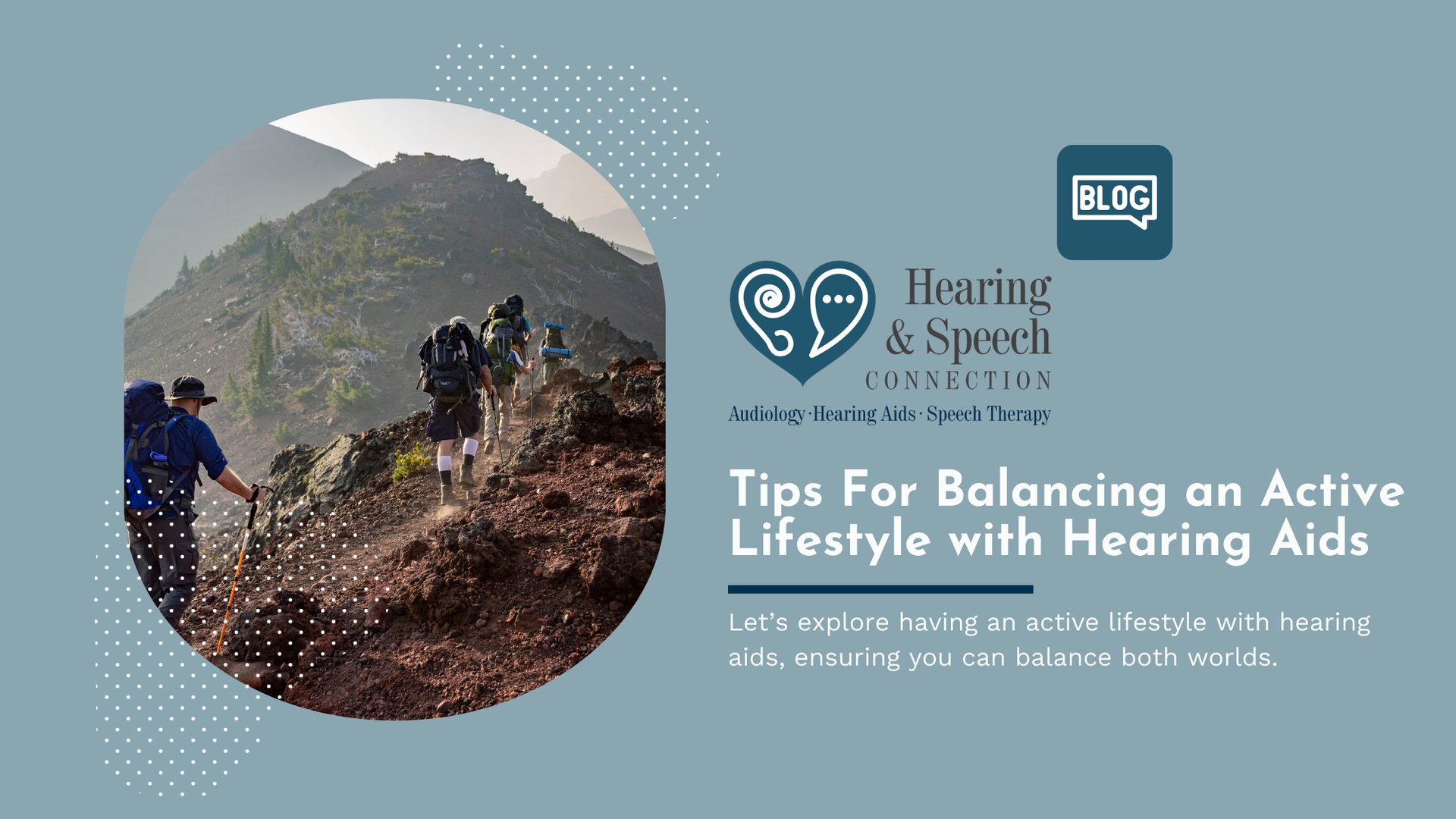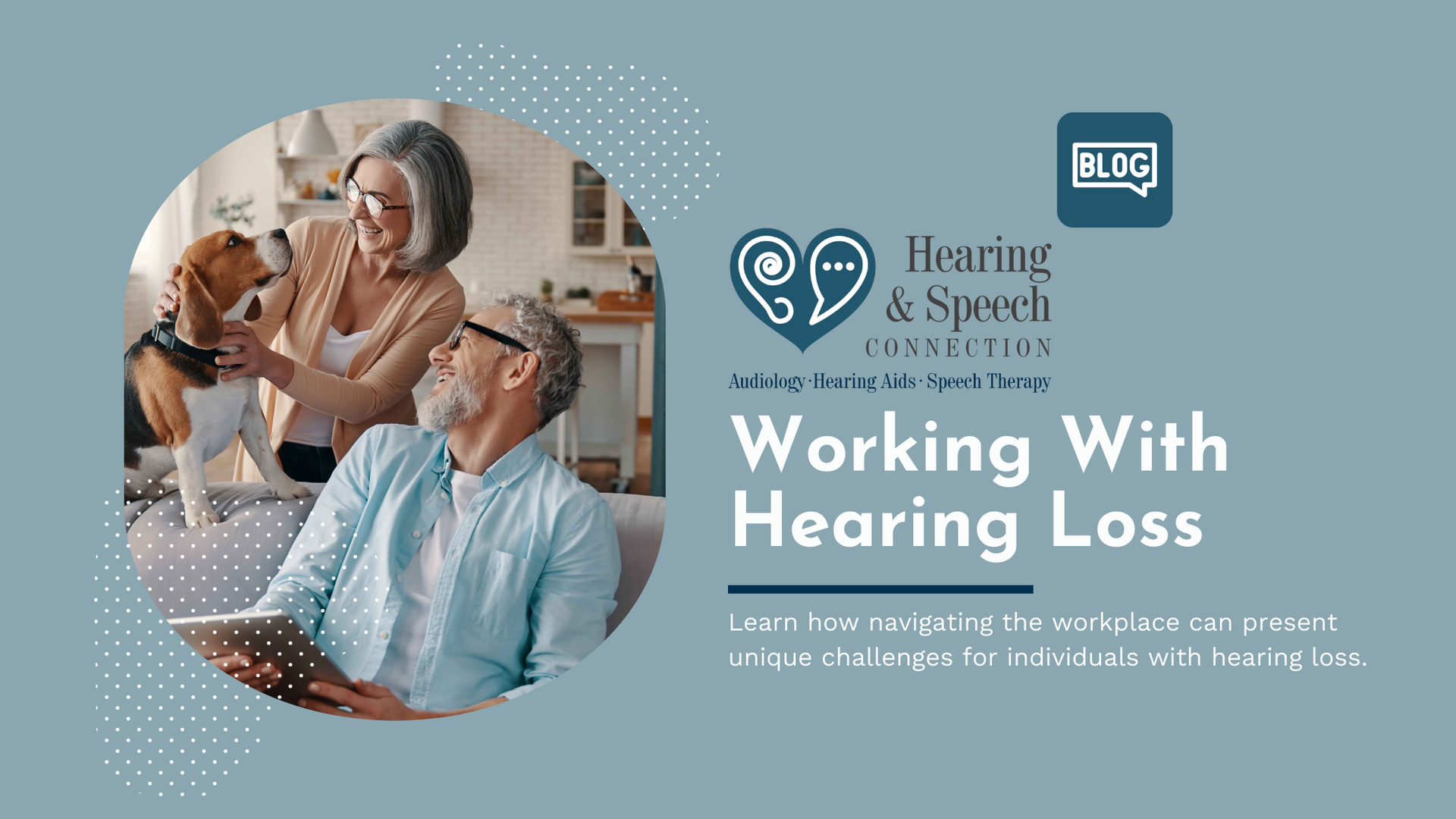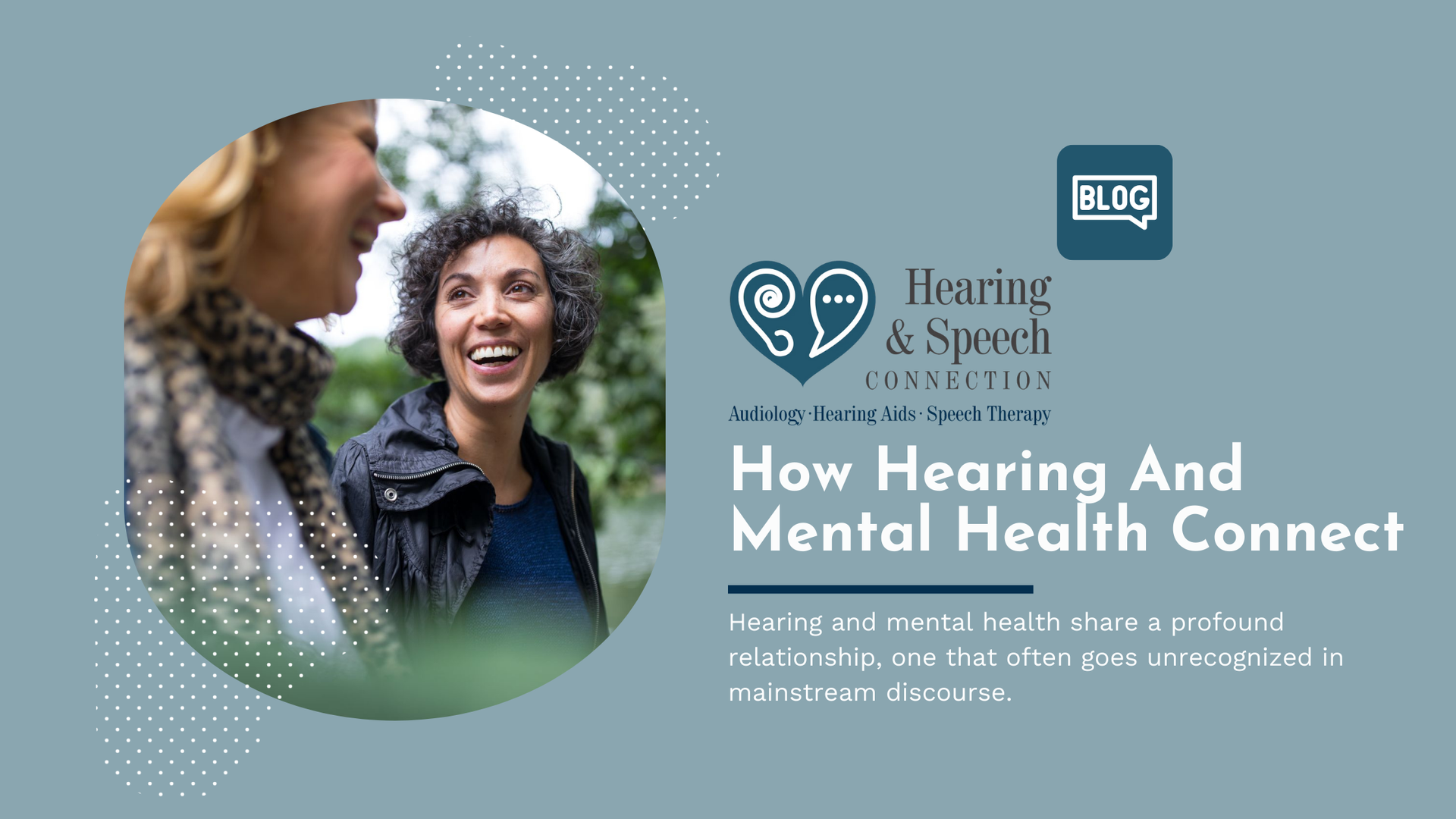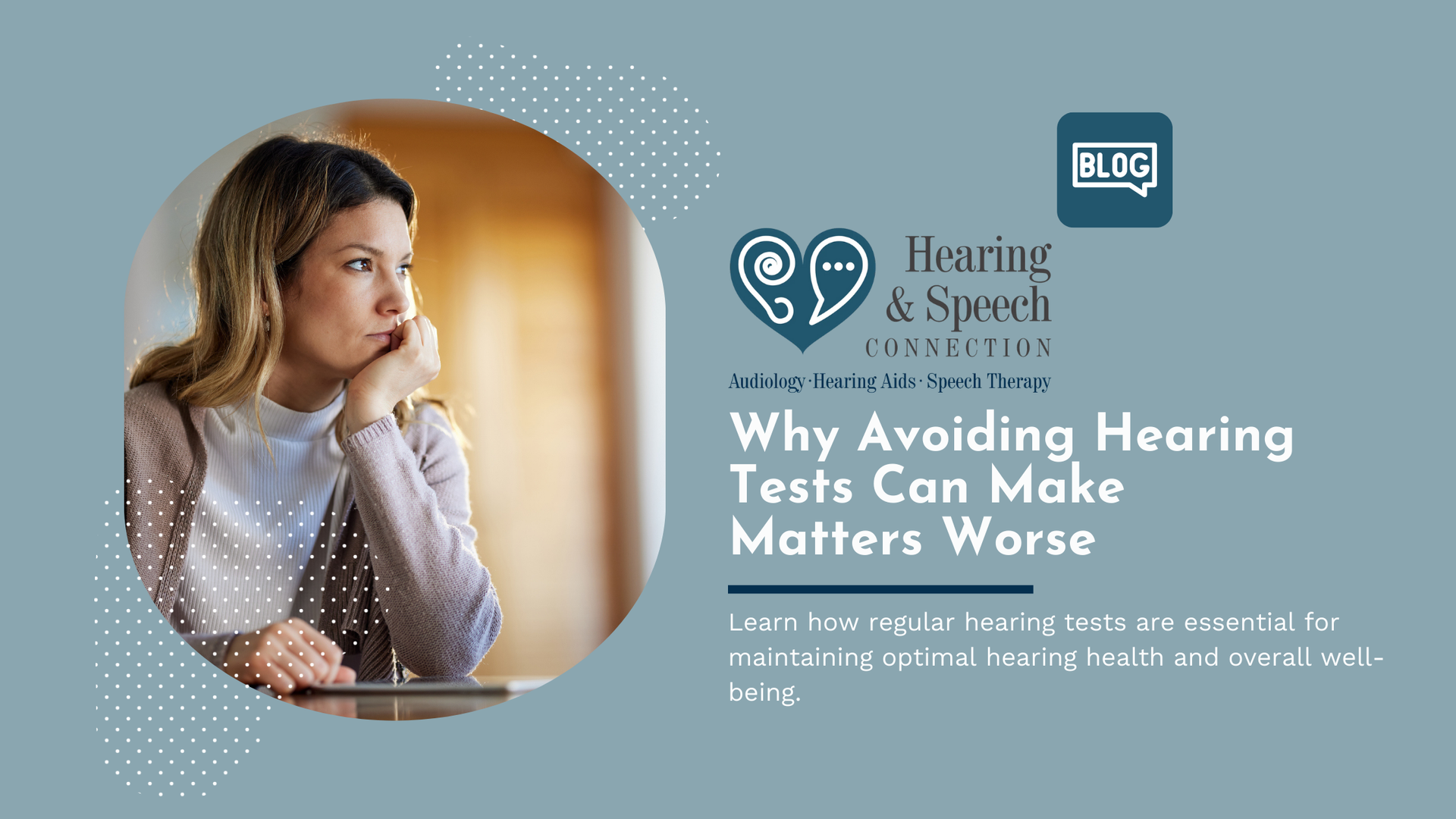Ototoxic Chemicals and Hearing Loss: A Comprehensive Guide for Prevention and Management
As hearing professionals, our commitment extends beyond treating hearing disorders; it encompasses educating individuals about the potential threats to their auditory health. One significant risk that often goes unnoticed is exposure to ototoxic chemicals, which can lead to irreversible hearing loss. In this article, we will explore the dangers posed by ototoxic substances, recent advancements in hearing loss prevention, diagnosis, and management , and the critical role of early detection in preserving auditory well-being.
Understanding Ototoxicity
Ototoxicity refers to the toxic effects that certain chemicals can have on the ear, specifically on the delicate structures of the inner ear responsible for hearing and balance. These substances can damage the hair cells in the cochlea, impair the auditory nerve, or interfere with the fluid balance in the inner ear. Common ototoxic chemicals include certain antibiotics, chemotherapy drugs, loop diuretics, and nonsteroidal anti-inflammatory drugs (NSAIDs). Additionally, exposure to industrial solvents and heavy metals can contribute to ototoxicity.
The Hidden Threat: Unveiling Ototoxic Substances
Patients and healthcare professionals alike must be aware of the potential sources of ototoxic exposure. From prescription medications to workplace environments, the risk of encountering these substances is more prevalent than commonly perceived. Chemotherapy drugs, often crucial in treating cancer, can be particularly damaging to hearing health. Similarly, some commonly used antibiotics, such as gentamicin and vancomycin, can pose a threat. Even seemingly innocuous over-the-counter medications like aspirin, when used excessively, can contribute to ototoxic effects.
Advancements in Prevention
Preventing ototoxic-induced hearing loss starts with awareness and proactive measures. Recent research has shed light on strategies to minimize the risk of ototoxicity. In some cases, alternative medications with lower ototoxic potential may be available. Collaborative efforts between healthcare professionals, including audiologists, pharmacists, and physicians, are essential in tailoring treatment plans that prioritize both overall health and hearing preservation.
Moreover, advancements in personalized medicine are paving the way for more precise drug therapies. Genetic testing can identify individuals who may be more susceptible to ototoxic effects, enabling healthcare providers to customize treatment plans accordingly. This proactive approach ensures that patients receive the most effective treatment while minimizing the risk of hearing damage.
Diagnosis and Early Detection
Early detection of ototoxicity is paramount in preventing irreversible hearing loss. Routine hearing assessments, particularly for individuals with a history of ototoxic drug exposure, can identify subtle changes in hearing function before significant damage occurs. As hearing professionals, our role is to advocate for regular hearing screenings, especially for patients undergoing treatments involving ototoxic medications.
Technological advancements have enhanced our ability to detect early signs of hearing impairment. Audiometric tests, otoacoustic emissions (OAE), and auditory brainstem response (ABR) tests can pinpoint changes in hearing function, allowing for prompt intervention. Close collaboration between audiologists and prescribing physicians ensures that potential ototoxic effects are monitored closely throughout the course of treatment.
Management Strategies and Future Interventions
For individuals already experiencing ototoxic-induced hearing loss, effective management strategies are crucial to maintaining a high quality of life. Hearing aids and cochlear implants have long been the mainstay of rehabilitation for those with sensorineural hearing loss. Ongoing research is focused on improving the functionality and accessibility of these devices, enhancing their ability to provide natural and clear sound perception.
Furthermore, regenerative medicine holds promise for the future of hearing loss treatment. Researchers are exploring ways to stimulate the regeneration of damaged hair cells in the inner ear, potentially restoring hearing function. While these interventions are still in the early stages of development, they offer hope for a future where ototoxic-induced hearing loss may be reversible.
As hearing professionals, our duty extends beyond addressing the consequences of hearing loss to proactively educating and advocating for the prevention of ototoxic-induced damage. By staying informed about the latest advancements in prevention, diagnosis, and management , we empower our patients to make informed decisions about their healthcare. Through collaborative efforts and early detection, we can mitigate the impact of ototoxic chemicals on auditory health, ensuring a future where hearing loss is both preventable and manageable.
The post Ototoxic Chemicals and Hearing Loss: A Comprehensive Guide for Prevention and Management appeared first on Hearing Connection.




